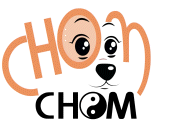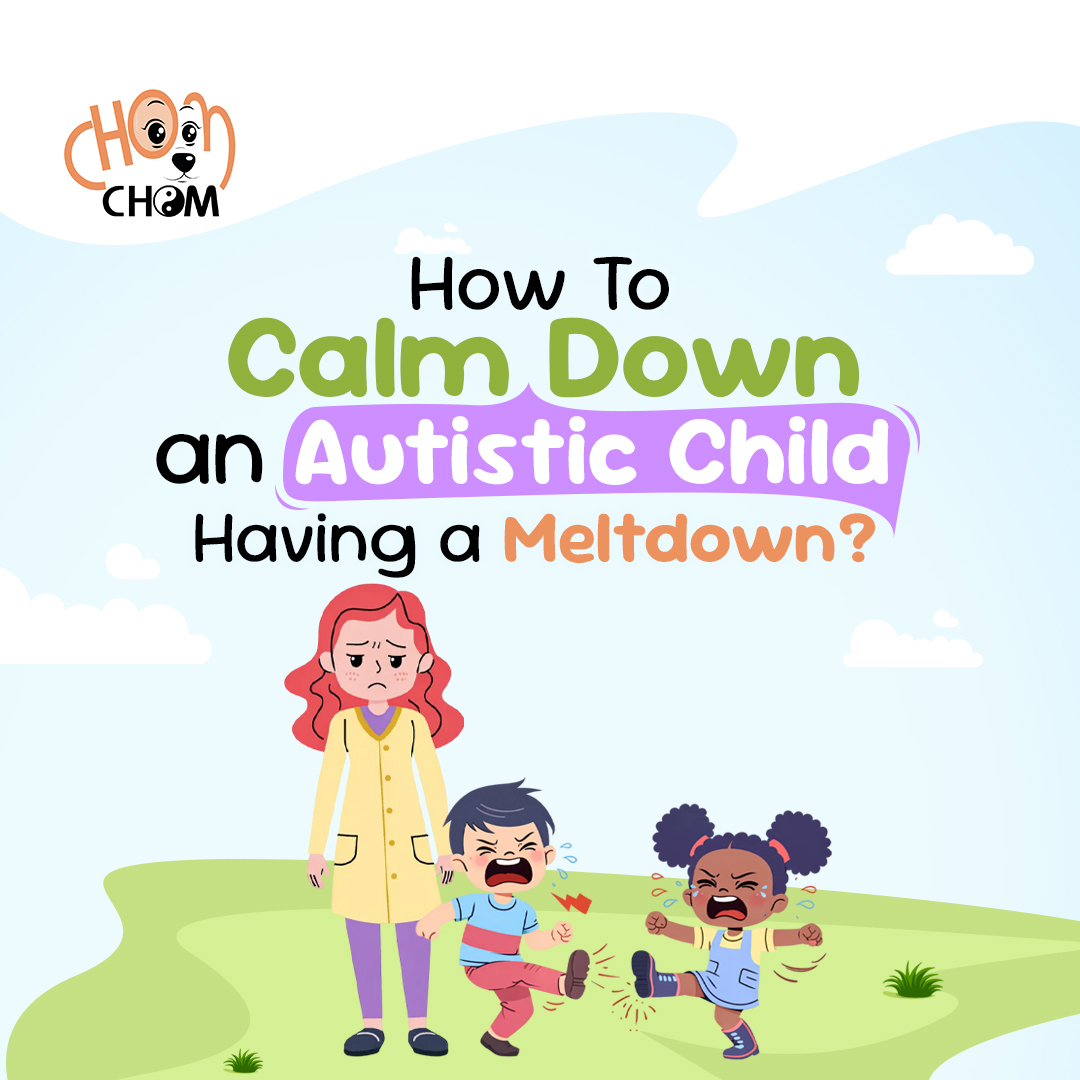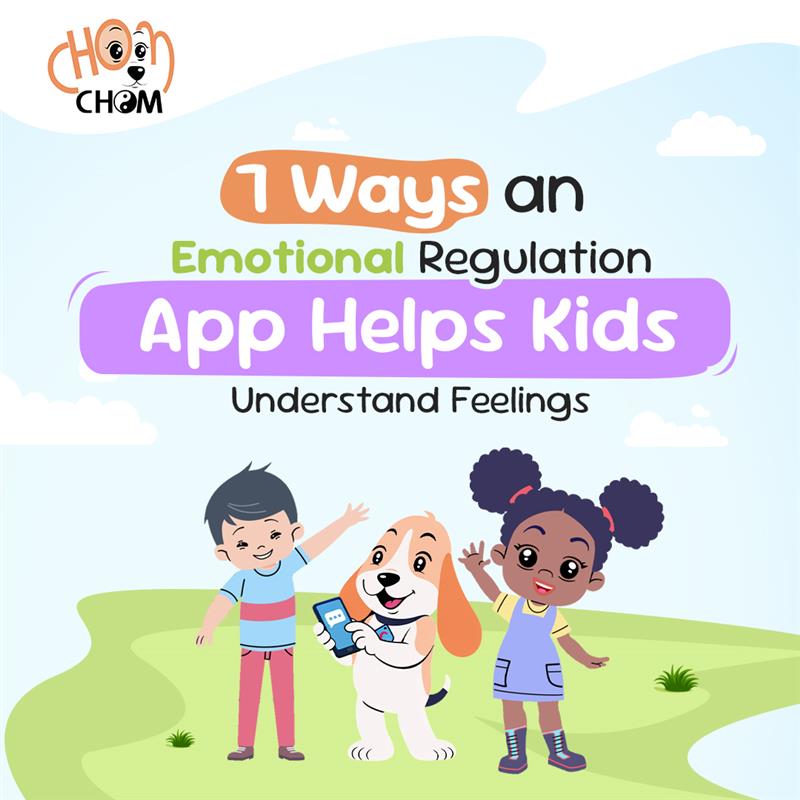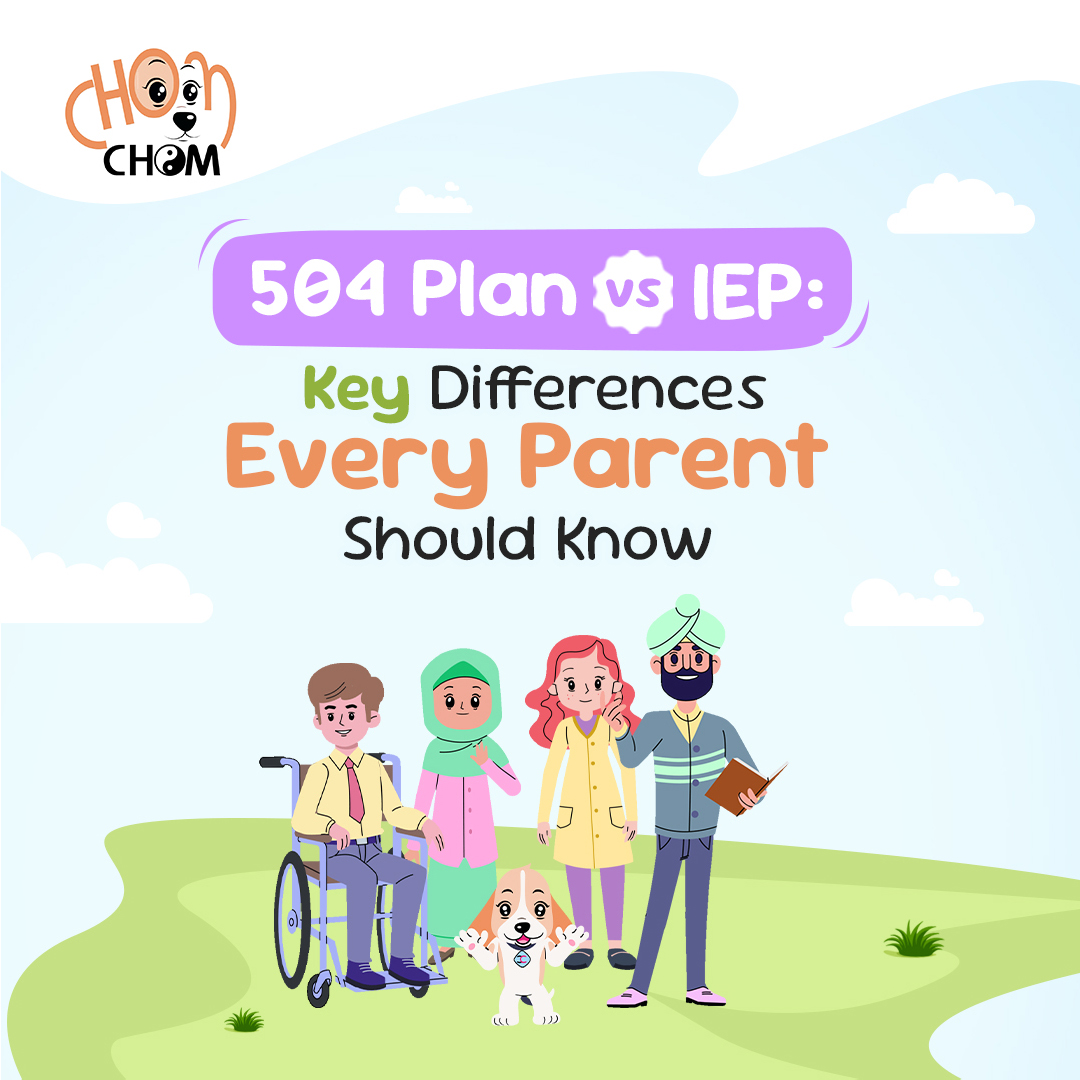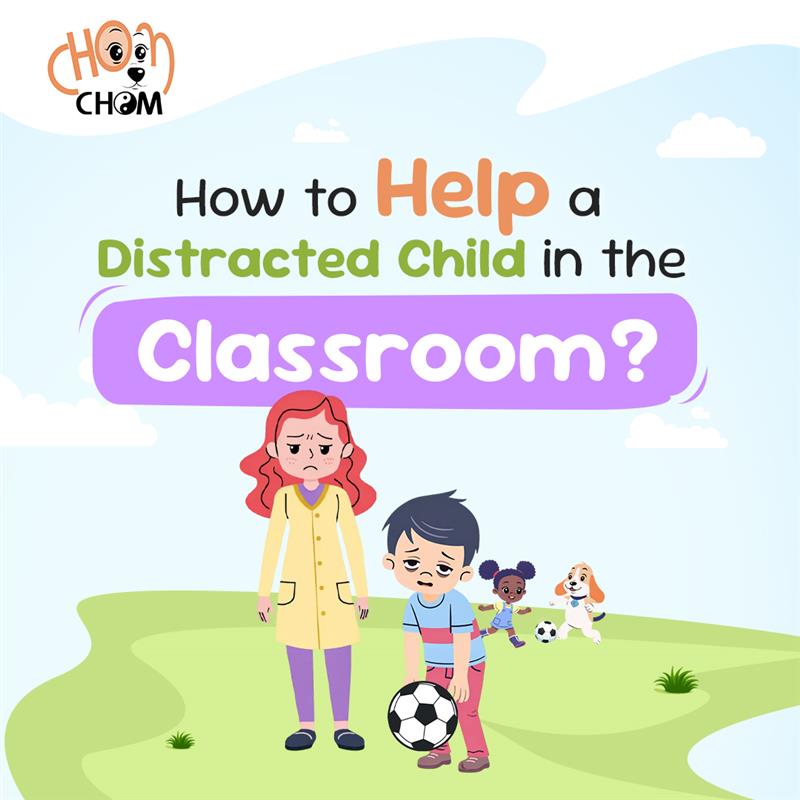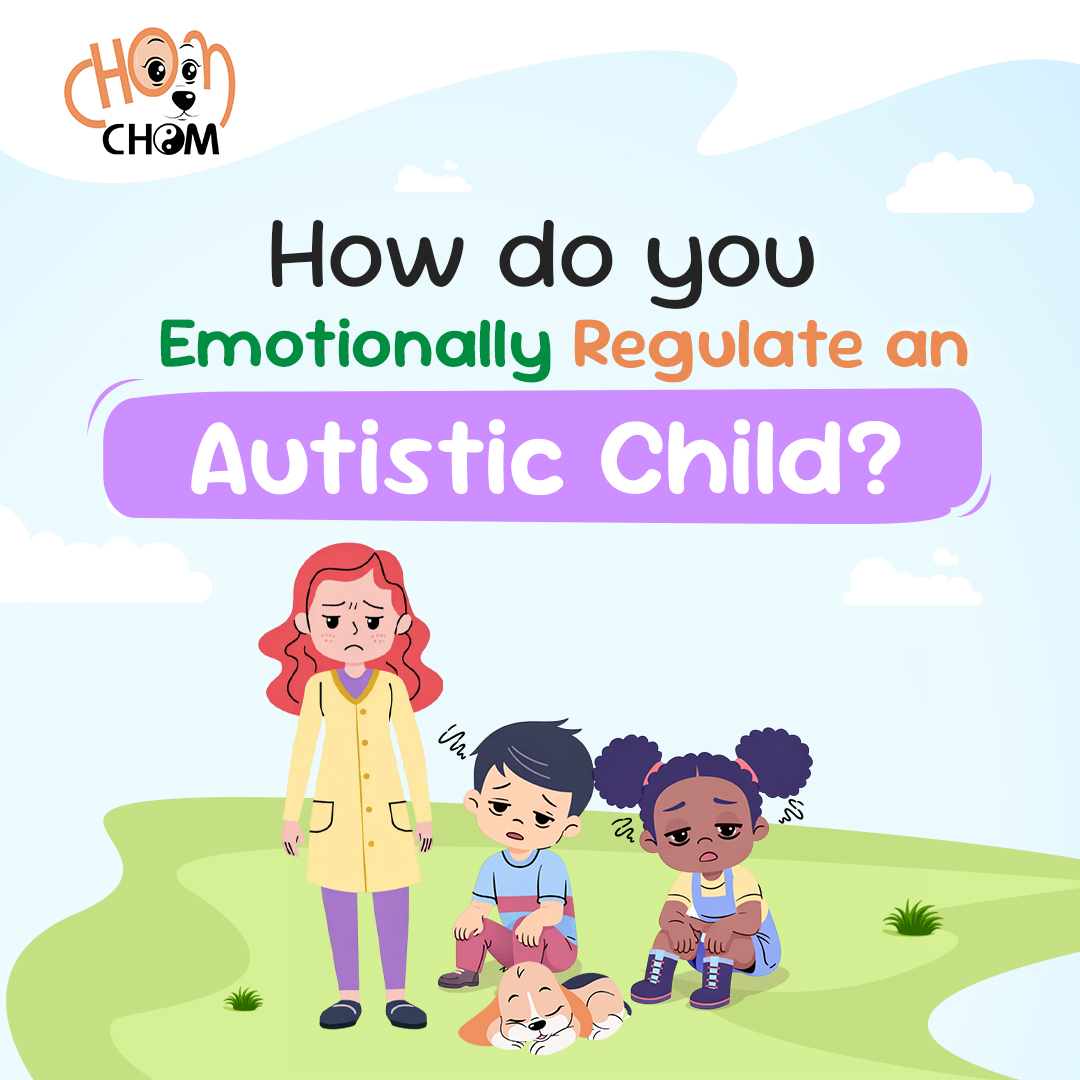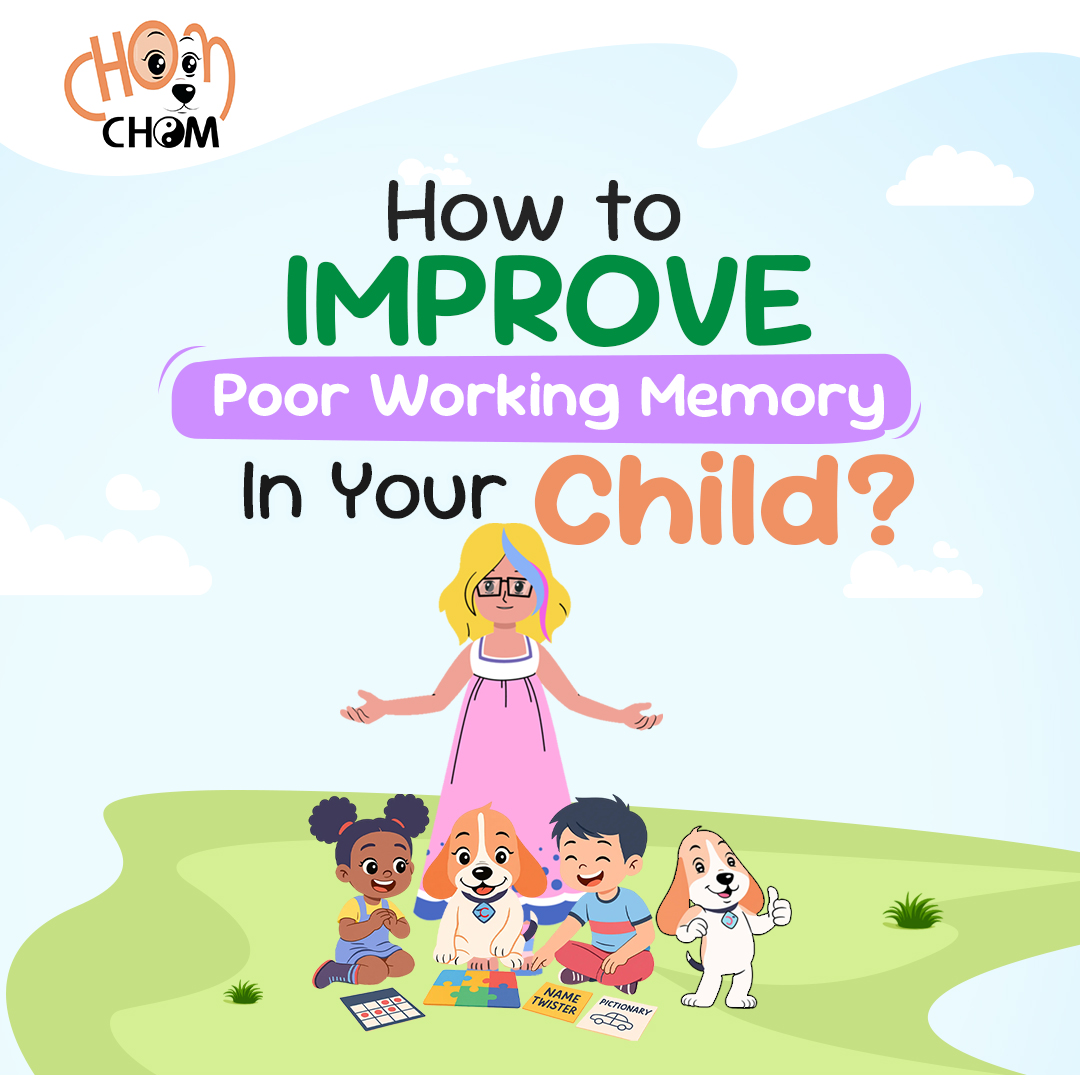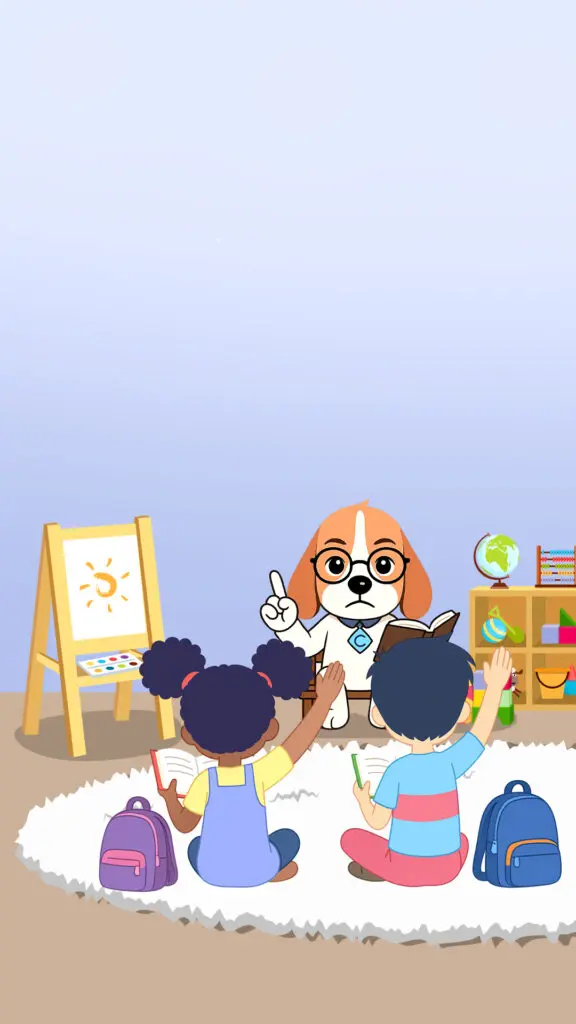
When your child is struggling with regulation and daily habits, finding the right support tools can feel overwhelming. You want something that actually helps… but the app store is flooded with options, and honestly? Many of them don’t deliver on their promises.
As parents and therapists navigate this digital landscape, one thing has become clear: The global mental health apps market size was estimated at USD 7.48 billion in 2024 and is projected to reach USD 17.52 billion by 2030, with depression and anxiety management segment dominating the market with a revenue share of 28.7% in 2024. But the key is finding apps that are truly evidence-based and designed with children’s unique needs in mind.
Here’s what you need to know about the best behavioral therapy apps for children – including how ChomChom stands out as a therapist-designed solution that’s specifically built for neurodiverse children and those with behavioral challenges.
Understanding Behavioral Challenges in Children
Before diving into specific apps, it’s important to understand what we’re addressing. Based on US data from 2022–2023: 11% of children ages 3-17 had current, diagnosed anxiety (9% of males and 12% of females), 8% of children ages 3-17 had current, diagnosed behavior disorders (10% of males and 5% of females), and 4% of children ages 3-17 had current, diagnosed depression (3% of males and 6% of females).
Globally, one in seven 10-19-year-olds experiences a mental disorder, accounting for 15% of the global burden of disease in this age group. Depression, anxiety and behavioural disorders are among the leading causes of illness and disability among adolescents.
These numbers tell only part of the story. Many children face challenges with:
- Emotional regulation and outbursts
- Focus and attention difficulties
- Social interaction struggles
- Anxiety and stress management
- Daily routine establishment
The beautiful thing about behavior? It’s communication. When children act out or struggle, they’re often telling us something important about their needs. That’s where the right therapeutic approach – including well-designed apps – can make all the difference.
What Makes a Great Behavioral Therapy App for Children?
Not all apps are created equal. Here’s what actually matters when choosing digital tools for children with behavioral challenges:
Evidence-Based Approaches
Cognitive behavioral therapy is one form of therapy that is used to treat anxiety or depression, particularly in older children. It helps the child change negative thoughts into more positive, effective ways of thinking. Apps that incorporate CBT techniques for managing anxiety and depression have shown the most promise in clinical settings.
Age-Appropriate Design
The best apps understand child development. Cognitive behavioral therapy is one form of therapy that is used to treat anxiety or depression, particularly in older children. This principle extends to app design, where visual elements and interactive features must match developmental stages.
Caregiver Insights
What sets truly effective apps apart is their ability to provide caregivers with behavioral insights and management tools. This bridges the gap that many therapists identify: the lack of visibility into what children practice between sessions.
Top Behavioral Therapy Apps for Children
1. ChomChom – The Therapist-Designed Leader
ChomChom tops our list because it addresses the core challenges that other apps miss. This low-stimulation, therapist-designed platform specifically nurtures skill-building for neurodiverse children and those with anxiety, trauma, and behavioral challenges.
What makes ChomChom special:
- Therapist-designed games that build skills between therapy sessions
- Behavioral insights for caregivers with actionable recommendations
- Gamified approach that keeps children engaged without overstimulation
- Focus on neurodiverse needs including ADHD, ODD, and anxiety
- Evidence-based skill-building through interactive activities
ChomChom helps children build emotional awareness and daily habits through playful and interactive learning, providing parents with the visibility they need to support their child’s progress effectively.
Best for: Children with ADHD, ODD, anxiety, trauma, and other behavioral challenges
Age range: Designed for various developmental stages Launching: May 2025
2. Inflow – Science-Backed ADHD Management
Inflow is a science-backed app specifically designed for managing ADHD. Its extensive collection of cognitive behavioral therapy (CBT) techniques, tailored to address common ADHD challenges, provides a well-rounded set of tools for users. With its dedicated focus on ADHD symptoms, Inflow stands out as one of the most comprehensive solutions available specifically for ADHD management.
Best for: Children and teens with ADHD Age range: 12+ years Cost: $47.99 monthly or $199.99 yearly with coaching
3. MindShift CBT – Anxiety Relief for Teens
The MindShift CBT app uses science-backed CBT strategies to help you become more relaxed and mindful, develop new ways of thinking, and take proactive steps to manage your anxiety and depression. According to research, MindShift CBT can help reduce symptoms of anxiety and depression among its users.
Best for: Anxiety and depression management Age range: 12+ years
Cost: Free
4. Breathe, Think, Do with Sesame
Perfect for younger children, Breathe, Think, Do with Sesame helps kids aged 2–5 learn to deal with frustrating situations by helping a Sesame Street monster calm down and solve everyday challenges. Children learn to take deep breaths to calm down, think through problems, and take action – developing resilience as they overcome frustrations independently.
Best for: Very young children learning emotional regulation Age range: 2-5 years Cost: Free
5. Happify – Evidence-Based Positivity
Happify was developed by mental health experts who have studied evidence-based interventions in cognitive behavioral therapy (CBT), mindfulness, and positive psychology. It’s designed to help relieve anxiety and depression and encourage positive thinking. A 2020 study found that using Happify significantly improved users’ well-being within six weeks.
Best for: Building positive thinking and emotional well-being Age range: 8+ years Cost: Free with premium options
Specialized Apps for ODD and Behavioral Challenges
For children with Oppositional Defiant Disorder, understanding the prevalence helps contextualize the need for specialized support. Researchers estimate that oppositional defiant disorder affects 2% to 11% of children. Additionally, according to the DSM-5-TR, the prevalence of oppositional defiant disorder is 3.3%. In the literature, the prevalence of oppositional defiant disorder in children and adolescents is between 28% and 65% in clinical samples and 2.6% and 15.6% in community samples.
Understanding ODD Support Needs
Oppositional defiant disorder (ODD) is a behavior condition in which a child displays a continuing pattern of uncooperative, defiant and sometimes hostile behavior toward people in authority. Oppositional defiant disorder (ODD) is a behavior condition in which your child displays a continuing pattern of uncooperative, defiant and sometimes hostile behavior toward people in authority.
Treatment approaches for ODD include parent management training (PMT), school-based interventions, individual child therapy, and family therapy. For families dealing with ODD, apps that incorporate structured behavioral interventions and provide parent training components can be particularly valuable supplements to professional treatment.
Features That Actually Work
When evaluating apps for children with behavioral challenges, look for these evidence-based features:
Mood Tracking and Progress Monitoring
Apps should provide mood tracking tools to help kids understand their emotional patterns and allow caregivers to track progress over time. This data becomes invaluable for therapists and parents working together.
Interactive CBT Elements
MoodKit is based on some of the principles behind cognitive behavioral therapy (CBT), one of the most empirically validated forms of therapy available today. CBT has proven effective for GAD, ADHD, and more, and MoodKit’s personalized approach may help you get the benefits of therapy for only a fraction of the cost.
Science-Based Activities
Research indicates that mobile apps can significantly enhance the effects of psychotherapy and behavioral interventions. Participants with access to mobile technologies report better outcomes compared to those without such access, demonstrating a moderate effect size (ES = 0.34) in improving treatment effectiveness.
The Importance of Professional Integration
Here’s something crucial that many parents miss: The management of anxiety and depression can be relatively complex therapeutic endeavors, and the use of an app can perhaps support therapy, but it is unlikely that an app can, as a stand-alone methodology, build the user’s capabilities to manage depression or anxiety over a sustainable period of time.
Many children with ADHD have other disorders as well as ADHD, such as behavior or conduct problems, learning disorders, anxiety, and depression. Children with ADHD are more likely than other children to be diagnosed with a behavior disorder such as oppositional defiant disorder or conduct disorder.
The best approach involves discussing app options with therapists and integrating app use with professional treatment. Apps work best as supplements to, not replacements for, professional care.
Getting the Most from Behavioral Apps
Start with Professional Guidance
Before introducing any app, consult with your child’s therapist or healthcare provider. They can help you choose tools that align with your child’s specific needs and current treatment goals.
Monitor and Engage
Regularly discuss app experiences with your child. This ongoing dialogue helps ensure the tools remain helpful and engaging while providing valuable insights into your child’s emotional patterns.
Look Beyond Quick Fixes
Remember that building emotional regulation skills takes time. Between 2016 and 2023, the prevalence of diagnosed mental or behavioral health conditions among adolescents increased 35 percent (from 15.0% to 20.3%). The prevalence of diagnosed anxiety increased 61 percent (from 10.0% to 16.1%) and depression increased 45 percent (from 5.8% to 8.4%). This shows that consistent support across developmental stages is crucial.
The ChomChomTech Difference: Built for Real-World Needs
While many apps approach behavioral challenges as problems to fix, ChomChom recognizes that behavior is communication. Our therapist-designed platform addresses the significant challenge identified by professionals: the lack of visibility into what neurodiverse children practice between sessions.
Through gamified skill-building activities, ChomChom helps children develop:
- Critical thinking abilities through brain-boosting games
- Self-awareness skills via activity sessions for emotional understanding
- Emotional intelligence through stories and adventures
- Mindfulness and focus with calming exercises and challenges
Looking Forward: The Future of Digital Behavioral Support
Additionally, researchers are exploring new technologies, like mobile apps and virtual reality, that can deliver information to people in real time to help them change their behavior. The landscape of behavioral therapy apps continues to evolve with promising technological advances.
As we move forward, the most effective apps will be those that:
- Maintain strong connections to therapeutic principles
- Provide meaningful data to caregivers and professionals
- Respect the unique needs of neurodiverse children
- Focus on skill-building rather than quick behavioral fixes
Ready to Get Started?
Choosing the right behavioral therapy app for your child doesn’t have to be overwhelming. Start with apps that have strong therapeutic foundations – like ChomChom’s therapist-designed platform – and work with your child’s care team to integrate these tools effectively.
Remember, you’re not just looking for entertainment or distraction. You’re seeking digital tools that genuinely support your child’s growth, regulation skills, and overall well-being. The best apps become partners in your child’s therapeutic journey, providing insights and building blocks for long-term success.
Stay tuned for ChomChom’s launch in May 2025, where we’ll revolutionize how families and therapists work together to support children with behavioral challenges through evidence-based, engaging digital tools.
Ready to transform your child’s regulation skills? Discover ChomChom’s pioneering regulation support platform and experience the difference that evidence-based, therapist-designed interventions can make in your child’s emotional development journey. Join thousands of families who have chosen ChomChom as their trusted partner in building essential life skills through the power of purposeful play and comprehensive therapeutic support.
Start your family’s ChomChom journey today and give your child the regulation support tools they need to thrive in school, relationships, and beyond.
The app is available on iOS and on Google Play, Join our parent community here – Facebook Community.
Explore the Adventure Your Way—Join the App!
